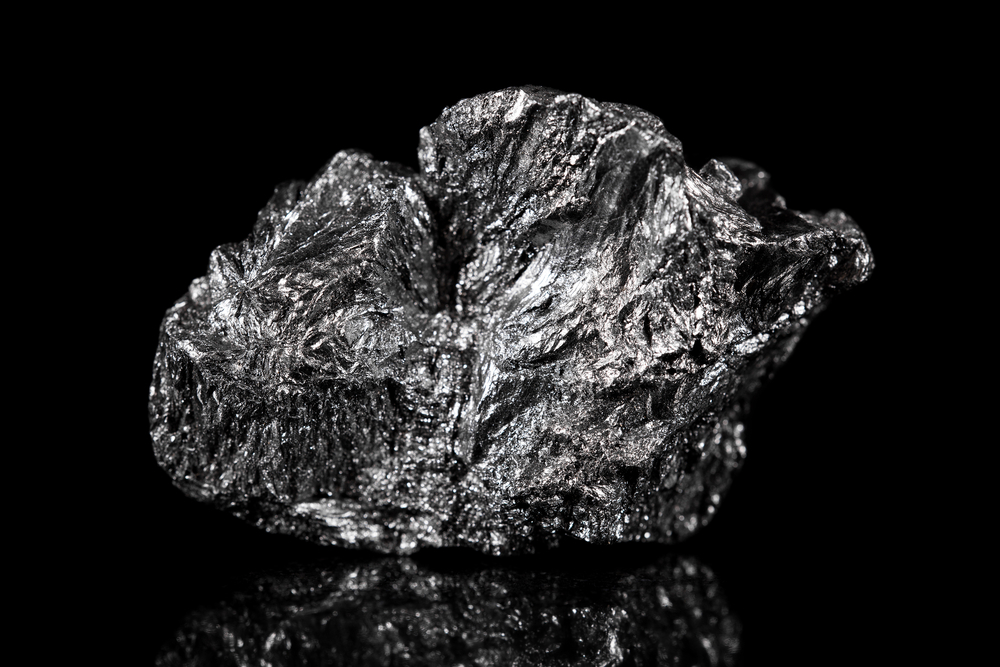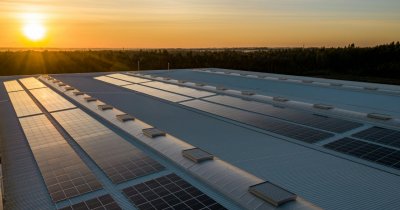Euronews.green writes that the company, called CarbonScape, uses a process called thermo-catalytic graphitization to create the sustainable batteries, which basically works by heating forestry byproducts, such as woodchips. The resulted charcoal-like material can be purified and turned into graphite for high-performance batteries.
Graphite, a key material when manufacturing batteries, is currently mined from natural graphite or obtained from petroleum products, known as synthetic graphite. CarbonScape's graphite is more sustainable than either alternative, company officials say.
Company CEO Ivan Williams said that "the production of ‘traditional’ synthetic graphite uses fossil fuel-based feedstocks, such as coal tar pitch and petroleum coke, and fossil fuel-powered processes. Consequently, it emits 35 tons of carbon dioxide equivalent emissions for each ton of graphite it produces."
Naturally mined graphite can also have a big impact on local communities and the ecosystems, as its extraction and processing have a carbon footprint of 15 tons per ton of manufactured material.
Using woodchips and other forestry byproducts allow us to capture and store the emissions that would have otherwise been released when tree matter decomposes, CarbonScape explains.
"This means our technology can remove the equivalent of 2.7 tons of carbon emissions for every ton of biographite that it produces, meaning it is a climate-positive alternative to this critical material for lithium-ion batteries", Williams added.
Additionally, biographite production can take place near battery plants, further reducing transport costs.
Regarding the supply of materials, company officials say that "using less than 5 per cent of the forestry industry by-products generated annually in Europe and North America, we could meet half the total global projected graphite demand for grid-scale and EV batteries with biographite by 2030."
 Mihai - Cristian Ioniță
Mihai - Cristian Ioniță












Any thoughts?